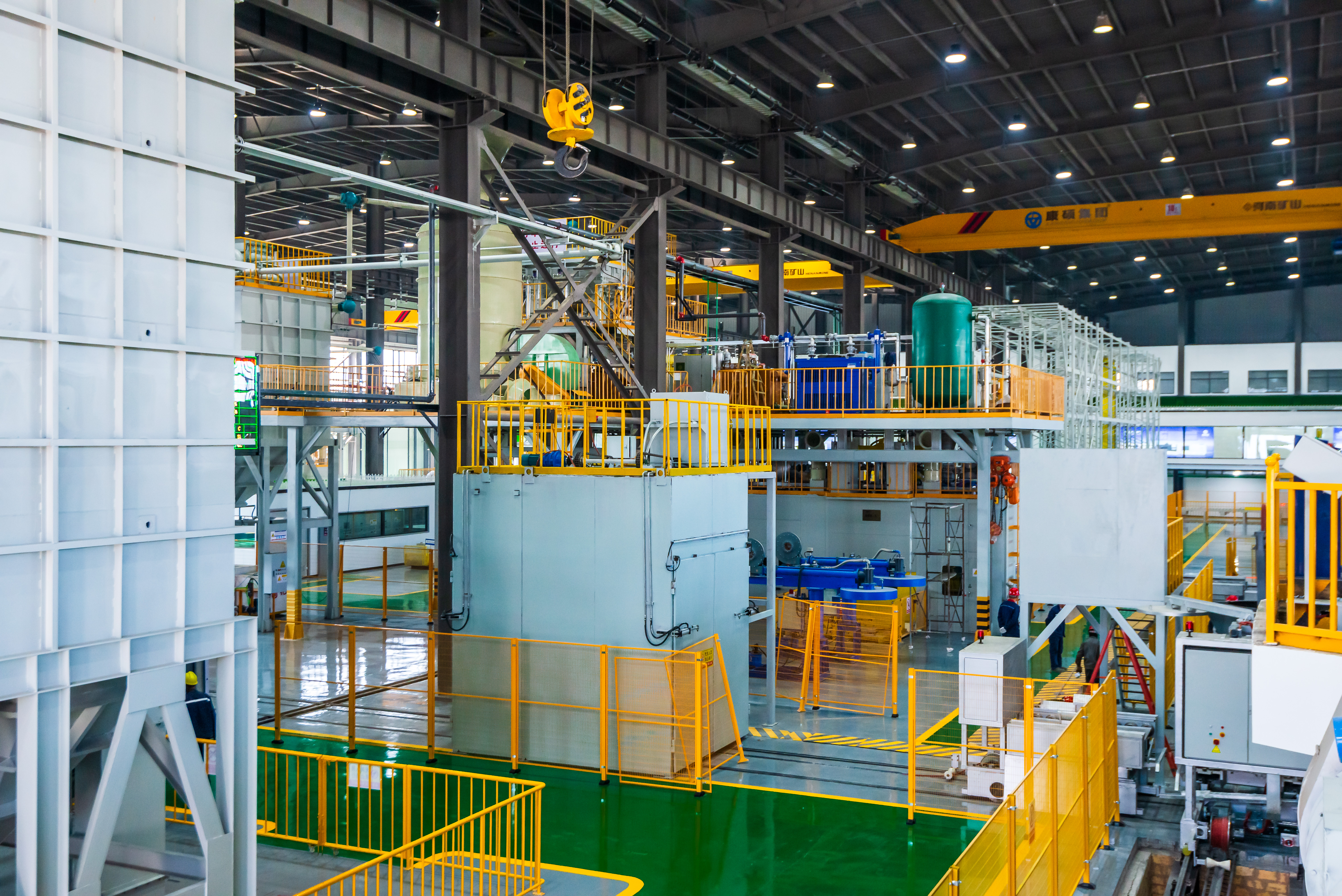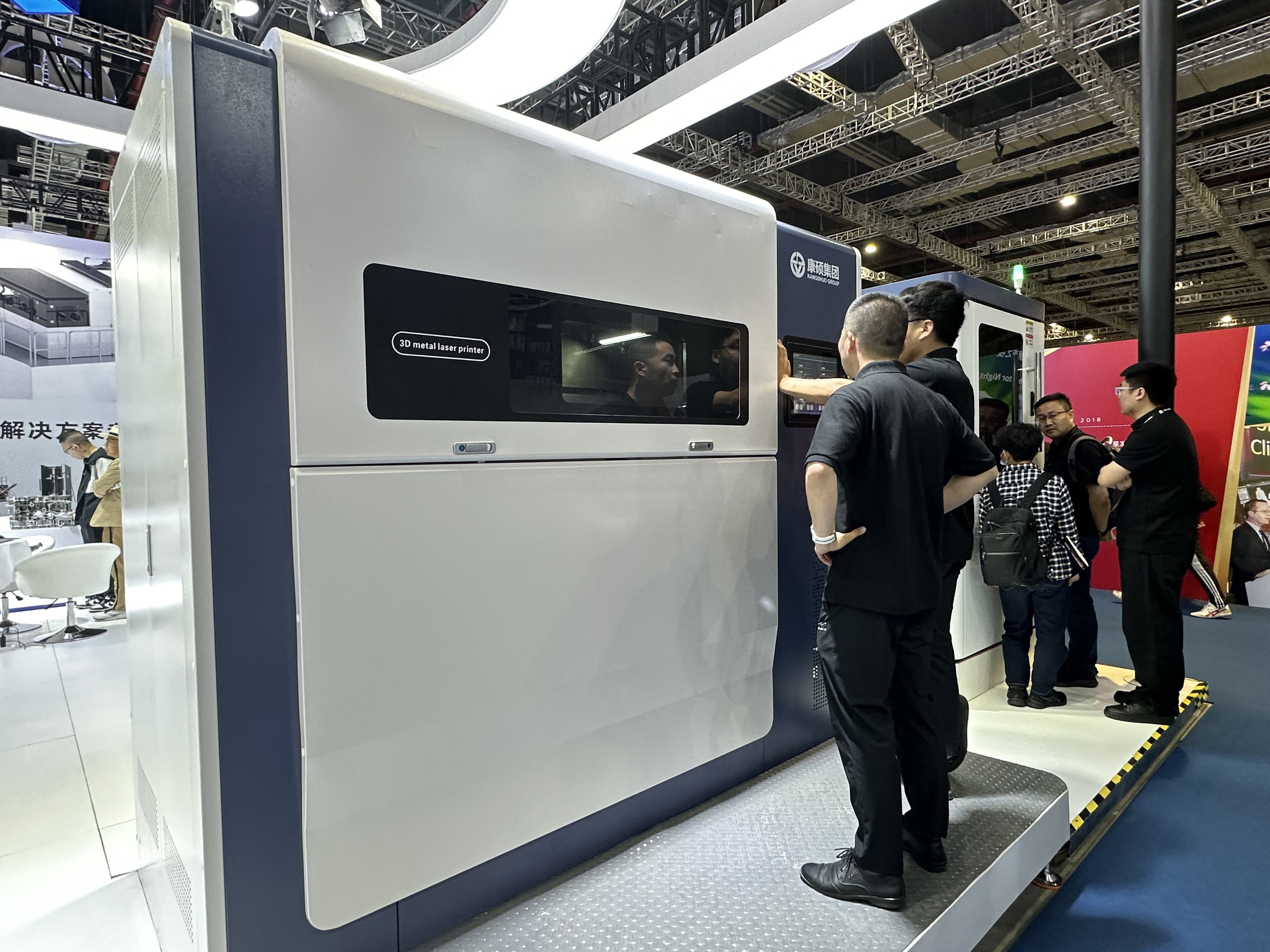making casting sand
Making casting sand is a crucial process in foundry operations that involves creating specialized sand mixtures for metal casting molds. This engineered material consists of silica sand combined with specific binding agents, additives, and moisture content to achieve optimal molding properties. The primary functions include providing the necessary shape retention, permeability for gas escape, and thermal stability during the metal pouring process. The technological features of making casting sand involve precise control of grain size distribution, moisture content typically ranging from 2-8%, and careful selection of clay binders, usually bentonite, which provides essential plasticity and green strength. The manufacturing process requires sophisticated mixing equipment that ensures uniform distribution of all components and consistent quality throughout the batch. Applications span across various industries, from automotive parts production to heavy machinery manufacturing, artistic foundry work, and architectural components. The process incorporates advanced quality control measures, including regular testing of compression strength, permeability, and moisture content to maintain optimal casting conditions. Modern casting sand preparation also considers environmental aspects, implementing recycling systems and dust control measures to minimize waste and environmental impact.


